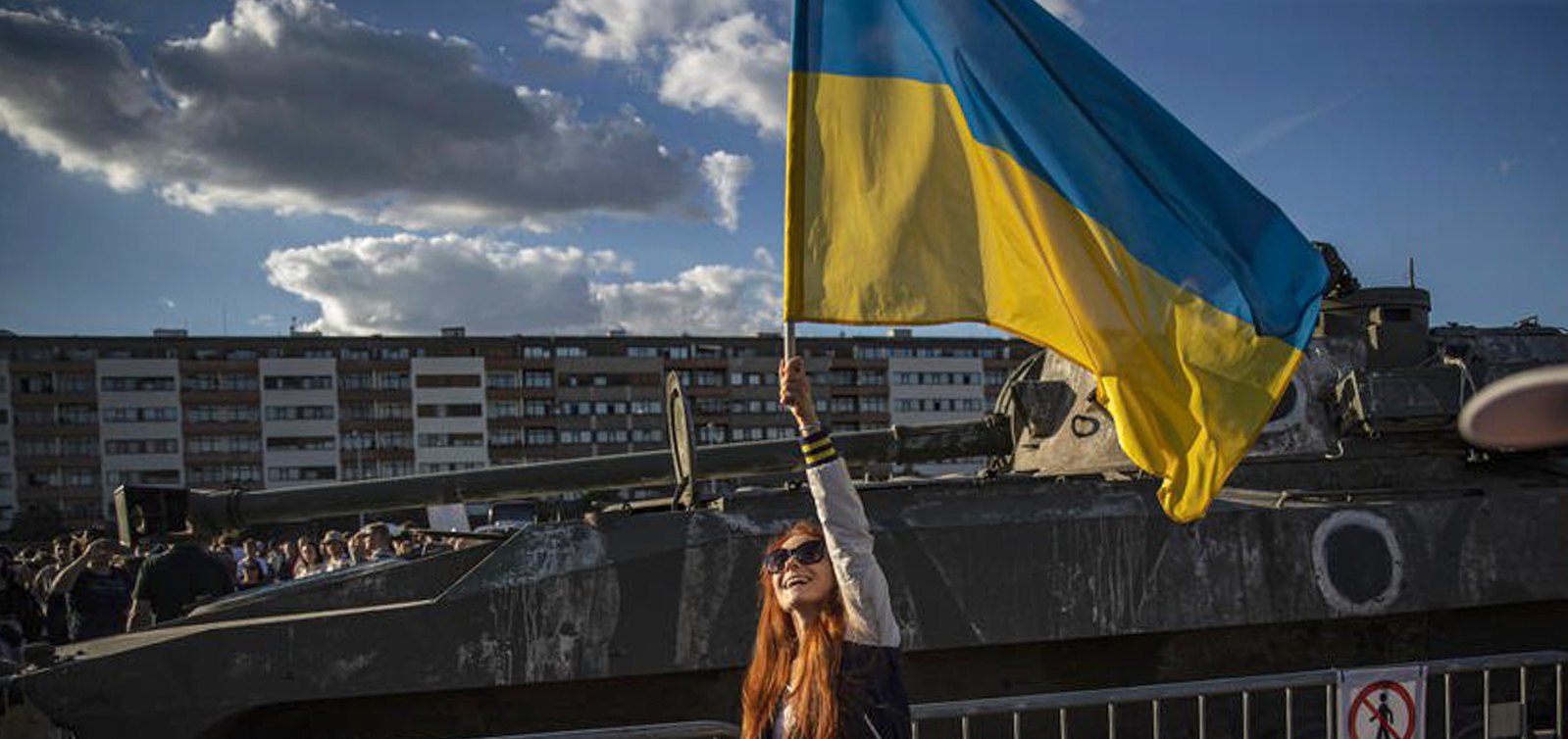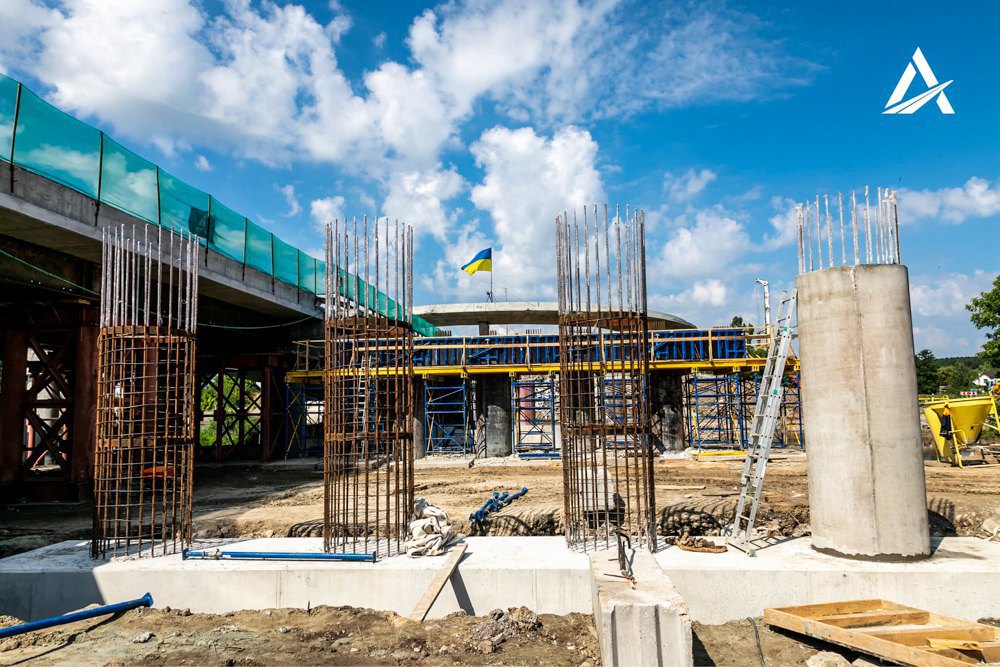
The questions are as follows:
- How do you envision Ukraine's post-war recovery? Where should the main efforts be directed?
- Which industries should drive the Ukrainian economy after the war?
- What are the main challenges in the post-war development of Ukraine?
- What should be the role of the state and the private sector on this path?
Interestingly, almost all panellists agreed that Ukraine does not need a reconstruction of the Soviet infrastructure; instead, a complete modernisation is required. "War always offers a chance for a qualitative economic leap, but not all countries manage to use it and not waste it. Modernisation means utilising this opportunity and taking the country to the next stage of development," says Valeriy Pekar, a lecturer at Kyiv Mohyla Business School. Roman Vashchuk, the business ombudsman, suggests "thinking in terms of the current and future economy, preparing for a 'leap' of 20-30-40 years".
"For a long time, we had capitalised on the achievements of the Soviet totalitarian country. Taking into account all the pros and cons, we learnt to survive," says Ihor Liski, chairman of EFI Group and co-founder of the Ukrainian Institute for the Future. "But do we really need to rebuild this kind of past? In fact, I would like to talk about modernisation and building anew. I believe that now we have a chance to design a country of a new quality."
Halyna Hereha, co-owner of the Epicentr hypermarket chain, also dismisses the concepts of "restoration" or "reconstruction" as not entirely fitting. "We must clearly understand that after the war is over, we need to build a new country, not rebuild the ruins. In fact, we will have a unique opportunity to restart the country's economy and infrastructure, not just by upgrading existing production facilities, but by creating new and modern ones. We have long been saying that Ukraine needs to evolve from a raw material state into a high-tech industrial country, and after the war, we will have the chance to do so."

"The great war has triggered the development of Ukrainian identity," says Philipp Grushko, a member of the TIS port's supervisory board."The sooner we turn the page on the USSR and false nostalgia for it, the harder it will be for the Russian world to return."
Vladyslav Rashkovan, Alternate Executive Director at the IMF, highlights the challenge of competition of priorities in addressing thousands of tasks simultaneously with limited financial and labour resources. "The competition will be between quick tasks that need to be tackled at once and a long-term vision and multi-year projects." Rashkovan is confident that at least five sectors will actively develop post-war, including the private defence industry, the green economy, agriculture, industries that can join European value chains, and, certainly, the IT sector.
Halyna Hereha predicts that trade, construction, IT, and agriculture will be the main drivers of the post-war economy, with particular dynamism in the real estate sector due to the scale of destruction caused by the hostilities. "The end of the war will also give a powerful impetus to agriculture, which is currently suffering from the blockade of seaports," she says.
Valeriy Pekar stresses the need for accelerated economic growth and the return of people who have left: "Accelerated economic growth depends on investment inflows, which require the rule of law and economic freedom. The return of people primarily depends on security, as well as job availability (investments again), and infrastructure restoration." Roman Vashchuk also calls streamlining legal relations a prerequisite for business development.
According to Vladyslav Rashkovan, the state's main responsibility is to create fair rules for all, monitor their observance and protect the country's security. He believes that "90% of all other tasks can be handled by private businesses".

Ihor Liski insists that people are the driver of the economy. "We need to create not only jobs but also conditions for our people to return, live and develop. Having had a taste of all the benefits of Western infrastructure and living standards, Ukrainians are yet to decide to return. And they will do it not only because of their love for the country, but also because of our joint actions for its development," he says. He suggests the establishment of modern educational centres for economic development to ensure qualified personnel throughout the production system in an economically secure country.
It is symbolic that other panellists unanimously emphasise the priority of the human factor in post-war recovery too.
Vladyslav Rashkovan believes that bringing millions of Ukrainians back home will be the government's most crucial task in the coming years. "After the war, we will face a huge battle for HR capital," predicts Philipp Grushko. "Many countries will be interested in labour migrants from Ukraine. We will have to work very hard to bring human resources back by creating conditions and motivators."
How exactly should this be done? How should the public and private sectors interact to achieve this? What should be the focus? Read the New Country section on LB.ua, join the discussion, and collectively develop a vision of the future for Ukraine.








